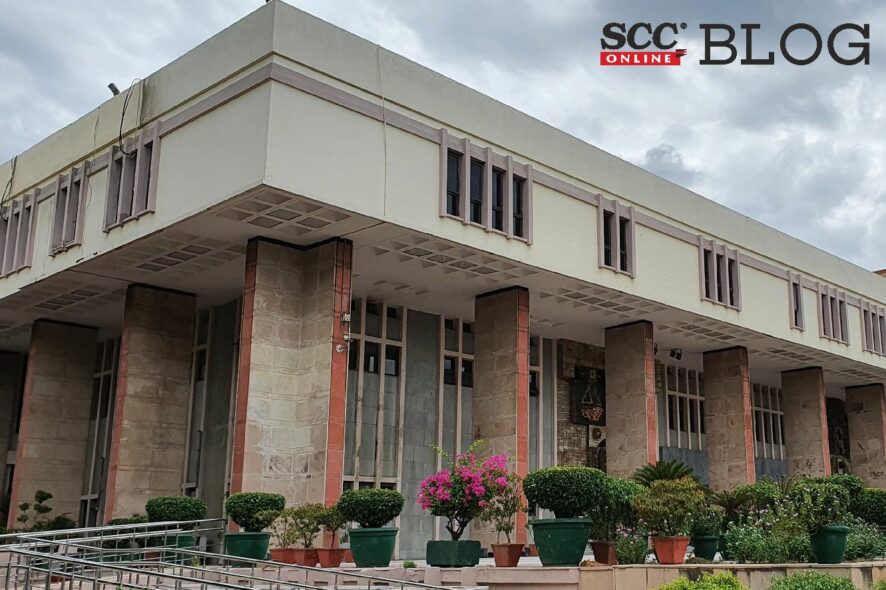Delhi High Court: Expressing that, RTI Act is a tool that facilitates the employees and officers in airing their grievances systematically, the Division Bench of Manmohan and Sudhir Kumar Jain, JJ., remarked that,
“…both service and RTI laws ‘act like a safety valve in the society’.”
Respondent 2 was working as a Superintendent in Administration with Enforcement Directorate. She had filed an application under the Right to Information Act, 2005 seeking the following information:
(1)copies of all the seniority list in respect of LDCs for the period of 1991 till date;
(2)copies of the proposal for promotion of LDCs placed before the DPC together with copies of the Minutes of the Meetings and copies of the promotion orders issued on the recommendations of the DPC from time to time.
Analysis, Law and Decision
The appellant is an intelligence and security organization specified in second schedule of the RTI Act and is exempt from the purview of the RTI Act except when the information pertains to allegation of corruption and human rights violation.
Instant matter involved interpretation of Section 24 of the RTI Act.
It was stated that the Division Bench of this Court in Esab India Ltd. v. Special Director of Enforcement, 2011 SCC OnLine Del 1212, upheld the Constitutional validity of Section 24 of the RTI Act.
Further, the Court expressed that the appellant being an intelligence and security organization was exempt from the purview of the RTI Act except when the information pertained to allegations of corruption and human rights violation.
The expression ‘human rights’ cannot be given a narrow or pedantic meaning. Human rights are both progressive and transformative.
Whether the information sought by the respondent falls within the expression human rights?
Bench opined that,
Human rights have been used for a variety of purposes, from resisting torture and arbitrary incarceration to determining the end of hunger and of medical neglect.
In the present matter, non-supply of the information/documents is a human rights violation as in the absence of the same respondent 2 would not be able to agitate her right to promotion.
High Court expressed that, if employees of an establishment cannot agitate their grievances before judicial forums, these organizations/establishments may become autocratic.
Information pertaining to proposals for promotion of third parties cannot be provided to the respondent in view of Section 11 of the RTI Act.
Hence the High Court held that the information pertaining to proposals for the promotion of third parties cannot be provided to the respondent in view of Section 8(1)(j) and 11 of the RTI Act.
Lastly, the Court directed the appellant to provide copies of all the seniority list in respect of LDCs for the period of 1991 till date as well as copies of the proposal for promotion of respondent (LDC) placed before the DPC together with copies of the Minutes of the Meetings and copy of the promotion/rejection order issued on the recommendations of DPC from time to time.
In view of the above present appeal was disposed of. [Union of India v. CIC, 2022 SCC OnLine Del 824, decided on 22-3-2022]
Advocates before the Court:
For the appellant:
Mr Amit Mahajan, CGSC
Mr Dhruv Pande, Advocate.
For the Respondents:
Mr Shiv Kumar, Advocate for R-2 with respondent 2 in person.







